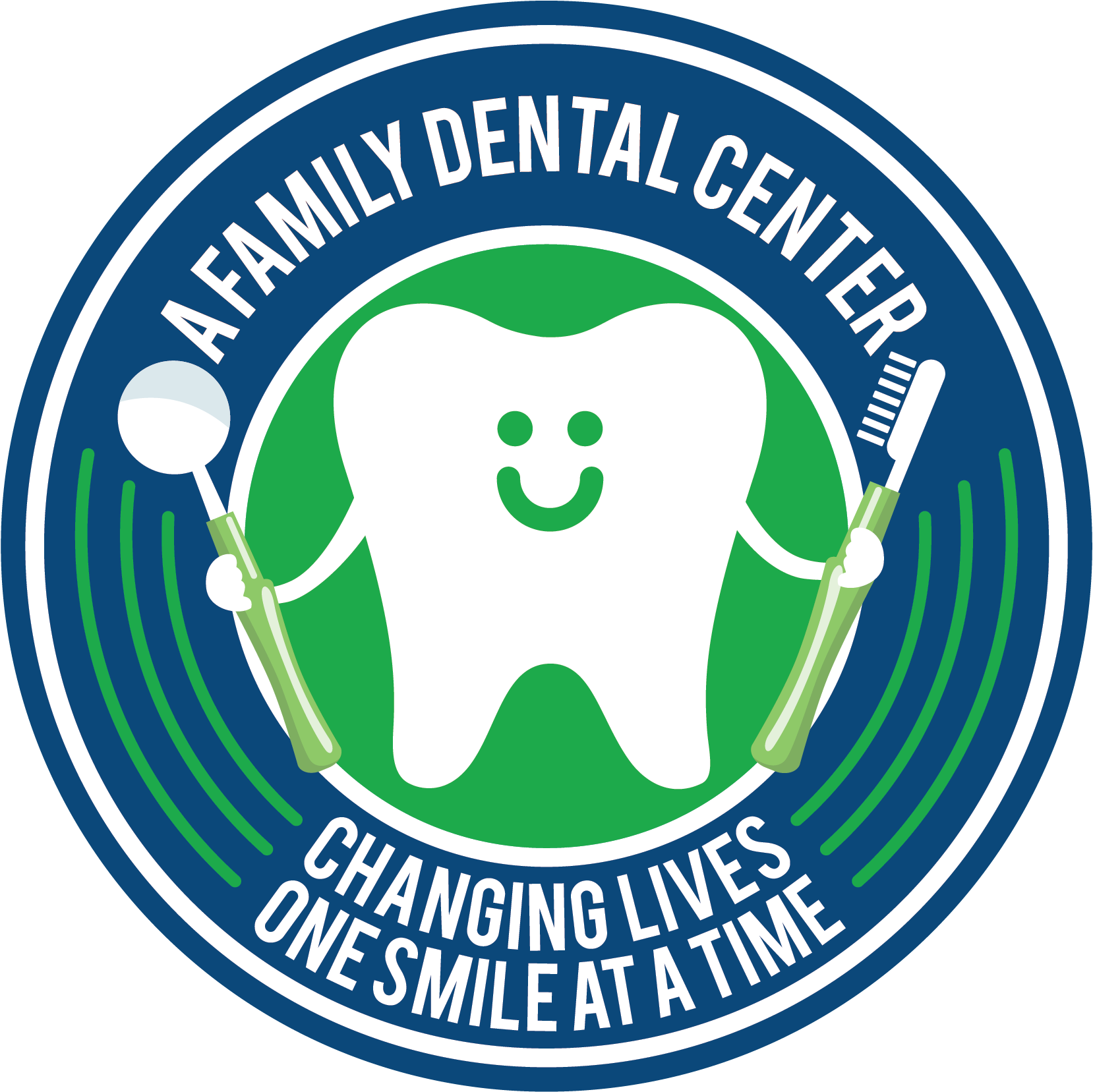
All You Need to Know About Dental Veneers
Dental veneers are thin sheets of porcelain material that dentists use to cover the front of your damaged teeth, enhancing your smile. Your dentist bonds the porcelain laminates in front of your teeth, changing their color, size, length, and shape and enhance the appearance.
Types of Dental Veneers
Dental veneers are of two different types, depending on the material. The dental veneers can either be of porcelain or composite resin material. All the materials mimic your natural teeth color, providing smile aesthetics. However, porcelain veneers are more stain-resistant than composite ones.
Why Do You Need Dental Veneers?
Below are some of the dental problems that your dentist can recommend porcelain veneers to fix:
- Discolored and stained teeth due to root canal treatments, excessive fluoride, and medications such as tetracycline
- Worn-down teeth
- Gapped teeth
- Teeth that are uneven and misshapen
- Chipped or broken teeth
Am I Eligible for Dental Veneers?
Before getting dental veneers at a dentist’s office near you, you should fulfill the following:
- Have healthy gums and teeth. Before the porcelain veneers treatment, the dentist will check your gums and teeth for issues. If you have gum disease or tooth decay, the dentist will first recommend the specific treatments.
- Dental veneers candidates should not clench or grind their teeth. If you clench or grit your teeth, you might not be eligible for dental veneers since the porcelain or composite material is prone to chipping.
- An intact enamel. If you are getting dental veneers, you should have an enamel since the dentist attaches the porcelain sheets to the bony visible part of the tooth. Also, before placing the dental veneers, the dentist sheds some parts of the tooth.
Before the dental veneers procedure, your dentist will check your teeth and determine if they are the best restorations for you. You can also discuss your concerns and expectations with the dentist to help in developing your custom treatment plan. During the first appointment, the dentist can show you dental before and after images to know what you can expect.
Dental Veneers Procedure
When you are getting dental veneers treatments in Kennewick, you will require three visits to the dentist. The first session involves consultations while the other two are for placing the veneer.
Preparing for Dental Veneers
After consulting with your dentist and coming up with a treatment plan for you, the dentist will go ahead and reshape your tooth. Depending on your condition, the dentist can use local anesthesia to numb the area before trimming the tooth.
Next, the dentist will make a model or impression of the tooth and send it to a dental lab to help to make your custom porcelain veneers. The porcelain veneer takes two to three weeks to arrive from the dental lab. In the mean, the dentist will place a temporary veneer and schedule for the next visit.
Bonding the Porcelain Veneers
When your veneers arrive from a dental lab, your dentist will notify you. During the final visit, the dentist will remove the temporary dental veneer and replace it with a permanent one to check its fit. The dentist can make a few adjustments before bonding the dental veneer into place.
Before placing the dental veneer, the dentist can clean, polish, and etch the surface of the enamel. Etching roughens the tooth surface, enhancing bonding using composite resin bonding material. The dentist will then use a special light to harden the bonding material and reshape the tooth to match your other natural teeth.
The dentist can ask you to return for a follow-up appointment to check your gums and the condition of the dental veneer.
Benefits of Dental Veneers
By getting dental veneers, you can enjoy the following benefits:
- Provides a natural appearance of the teeth
- Materials that make dental veneers don’t affect your gums
- Porcelain veneers are resistant to stains, thus provide whitening effects for long
- Unlike crowns, dental veneers don’t require much shaping of the enamel before placing them
Aftercare
At A Family Dental Center, we recommend care after getting dental veneers to maintain the results. Oral hygiene is significant to prevent discoloration. Therefore, you can brush and floss the teeth regularly to eliminate plaque. To avoid chipping the dental veneer, avoid biting on hard objects, clenching, and grinding your teeth.
